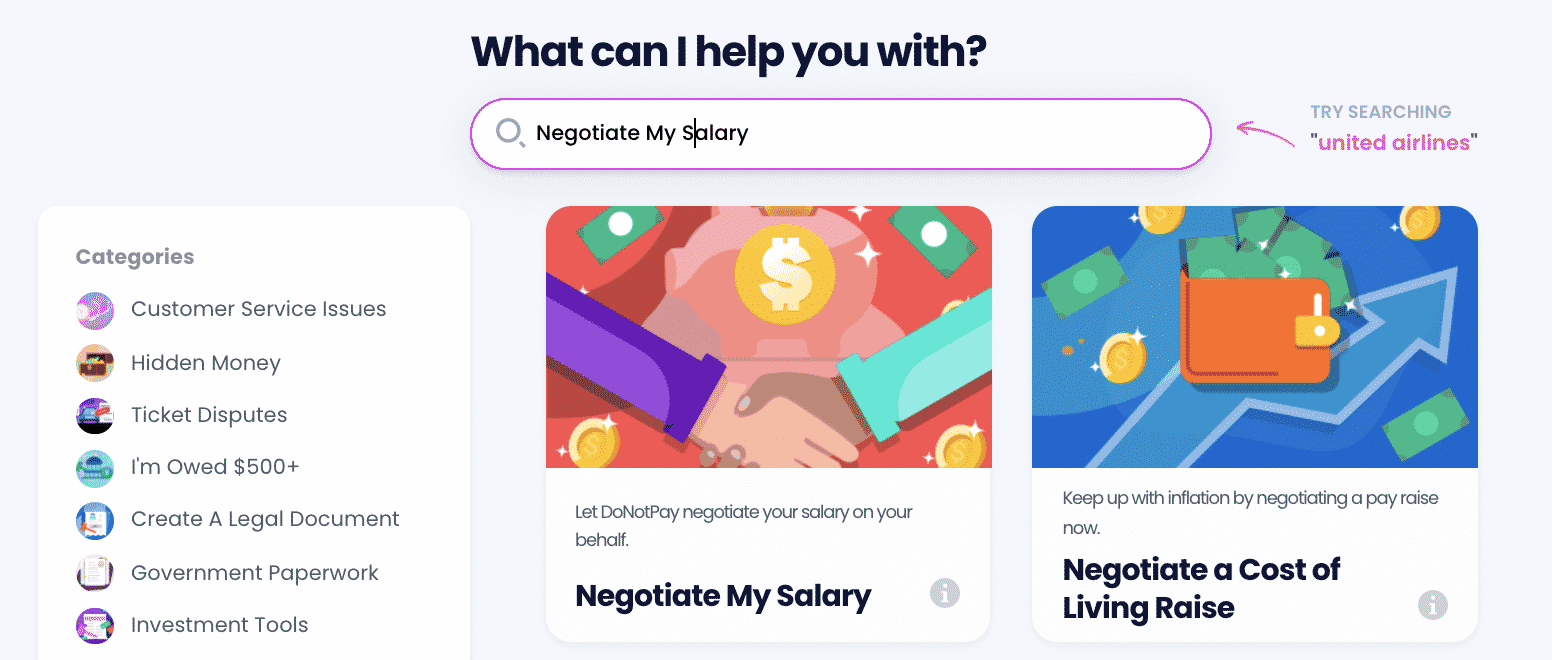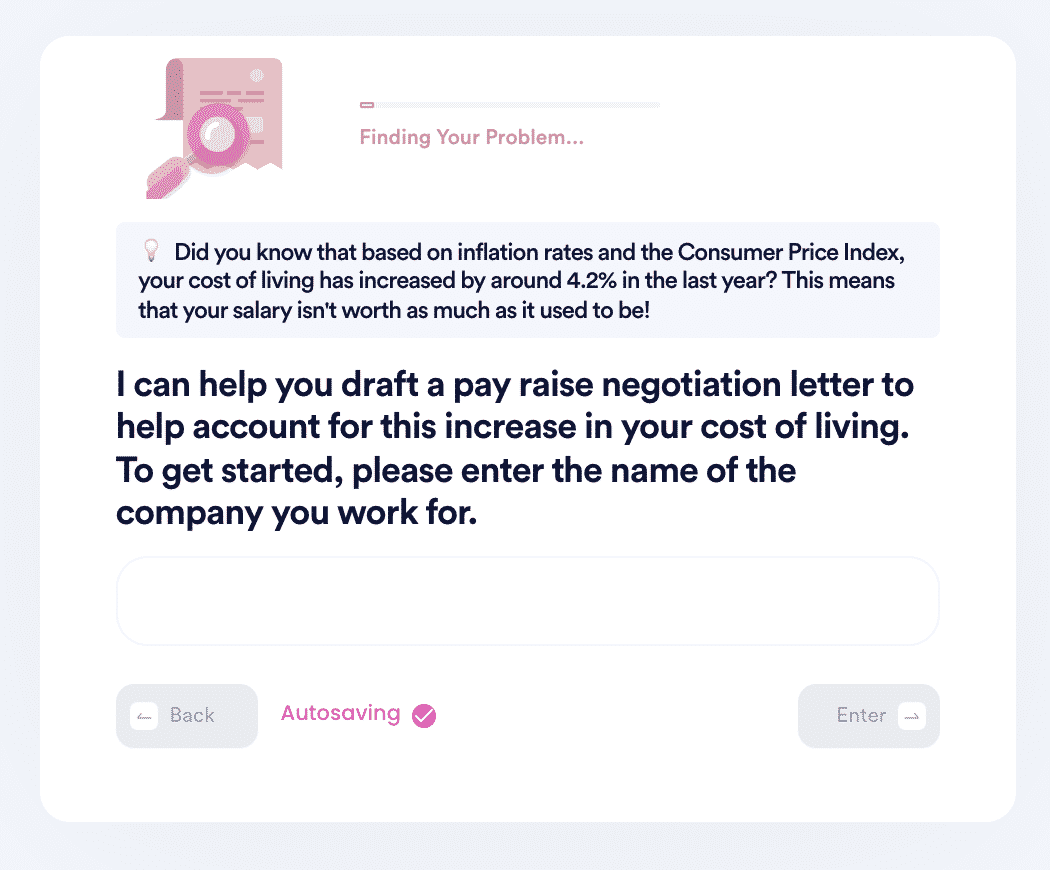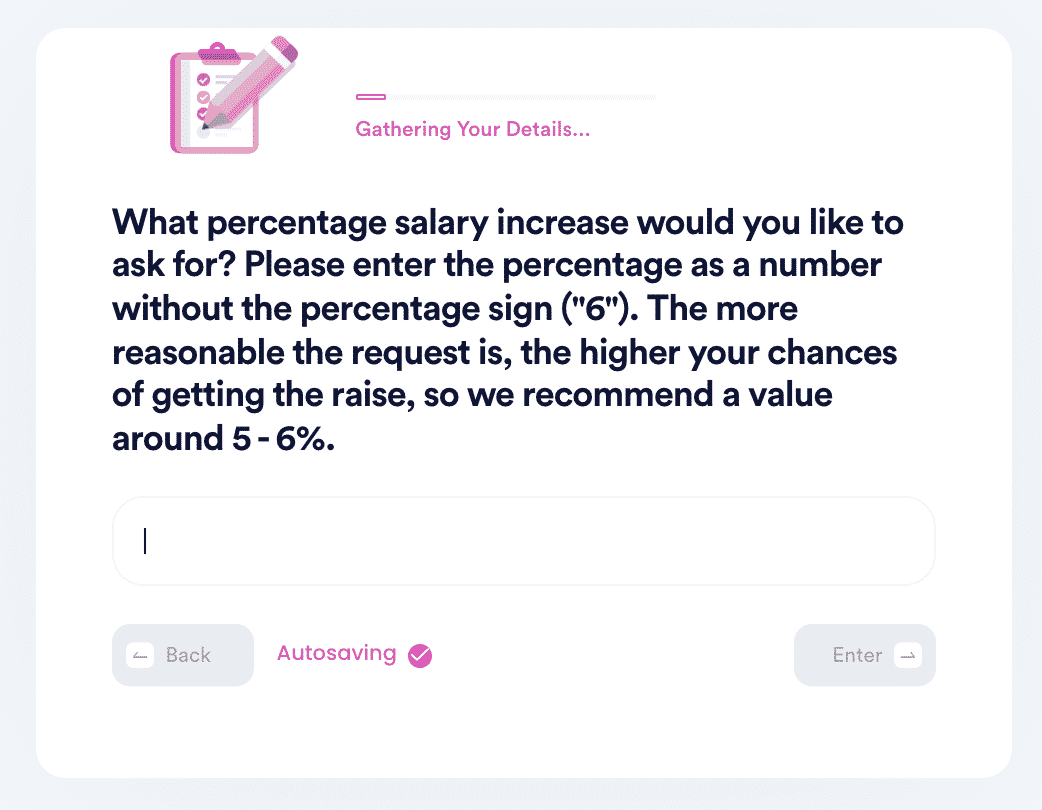A Guide on Negotiating Salary For Your New Local Government Job
Congratulations! You've landed a reputable and it probably wasn't easy. It takes a lot of determination, drive, and a deep understanding and love for your hometown to take a placement in local government.
The next step is negotiating a salary for your local government job that instills the same excitement and pride as the job title. That isn't always a simple task. After all, the government isn't famous for freely giving away cash to its employees. There are a few tried and true tips to getting the salary you deserve in a local government job, but sometimes that doesn't work either.
All too often, negotiating a great salary at a local government job requires some help from a trusted source to get what you need. Let's take a look at the most important factors regarding salary negotiations in local government jobs.
Surprisingly Simple Techniques to Negotiate a High Local Government Salary
Negotiating a salary for a starts before you ever get in for the interview. It starts by ensuring your future employer is aware of all the valuable talents and skills you're bringing to the table. A great way to do this is to have a fantastic resume and cover letter.
Another thing that can help you in negotiating a salary is to be familiar with pay scales. You'll want to know:
- What the job pays in other local towns
- What the job pays in other states
- What the job pays on a state level
- What the job pays on a federal level
This kind of information lets you know what you can realistically expect. Go into the negotiation with this in mind so you can tell if you're being lowballed or getting a great offer before you ever counter.
When you have your negotiations prepared, these tips can help:
| Remember to Count the Benefits | Lots of government jobs come with perks like company cars, gas allowances, free Wi-Fi, phones, and computers. Remember to count these benefits as part of your salary. |
| Practice Your Negotiation Speech With A Veteran Colleague | It's always a good idea to practice your speech and go over your negotiations with an unbiased 3rd party first. Someone who has worked in local government would be best. You want to be as confident and knowledgeable as possible when you're negotiating your salary. |
| Make Sure You Are Qualified For The Raise | Consider your qualifications before you make any demands about your salary. Make sure that you have the education and experience required to give the job what it deserves. Local government is important, and every position is vital. |
What Do I Need to Know About Salary Negotiations in Local Government Jobs?
Local governments are smaller and less organized than state or federal government entities. There are a few differences when it comes to negotiating salaries and raises because a lot is out of your control. Here are some things you'll want to keep in mind:
- Does the job have a cap? Some government jobs start at one salary and end at another and that's all there is to it. There aren't any more raises, and the benefits rarely change. If this isn't what you want, make sure there's room for growth.
- If there isn't room to grow in salary raises, there may be higher positions within the entity that you can apply for as you stay with the company over the years.
- Are there opportunities to move or relocate? That could be a plus for some workers. It's a lot easier to move somewhere you've always wanted to go when your job is paying for it and supporting you.
- Find out if tuition to schools and colleges is part of the deal. If the salary is lower than you'd like it to be, a perk like tuition could be worth it. Go to school to get a promotion, raise, or a better job somewhere else altogether.
So, there you have it. Let's not pretend it isn't a lot of work and effort. Some people just aren't cut out for this type of introspection, despite being fantastic in their jobs. It can also be a matter of time. When your work as much as we do today, in addition to running a family and spiritual life, sometimes there isn't enough time in the day to get to all the necessities.
How DoNotPay Can Help Negotiate Your Salary in Local Government
All you have to do is:
- Search “negotiate my salary” on DoNotPay.

- Enter the name of your company and the industry you work in, so we can find the right wage statistics for your role.

- Answer a series of questions regarding your qualifications and achievements, relocation expenses, and other job offers if applicable.

- Enter the new base salary you would like to request.

And that's it! Once the information is finalized, DoNotPay will generate an official salary negotiation letter that you can then email or present to your employer.
DoNotPay Is a Consumer's Best Friend
Please don't hesitate to check out DoNotPay for any consumer aggravation you encounter. We can help with anything from speeding tickets to overage charges. We're here to help.
- Reduce a portion of your property tax
- Assist in canceling subscriptions
- Fight workplace discrimination
- Get chargebacks and refunds


